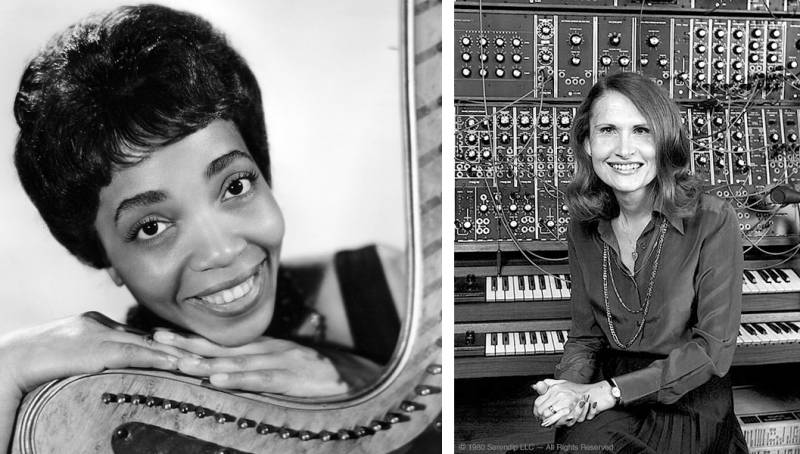Did you know that the A-X in Stax Records stands for Estelle Axton, one of the country’s first female record executives? Or that a Black, bisexual guitarist named Sister Rosetta Tharpe was a major influence of Chuck Berry, Elvis Presley and Bob Dylan?
Speaker, writer and composer Mark Montgomery French is on a mission to make sure that the legacies of these and other influential women in music aren’t forgotten. In early 2020, French enjoyed a successful run with his talk “All Your Favorite Music is (Probably) Black.” And during the pandemic, he’s stayed busy with various projects, including creative directing the online broadcasts for GLIDE Memorial Church, writing for PopMatters and managing queer country singer Secret Emchy Society. Now, he’s getting ready to launch a new online course, “The Unsung Women of Music,” through Rhythmix Cultural Works.



